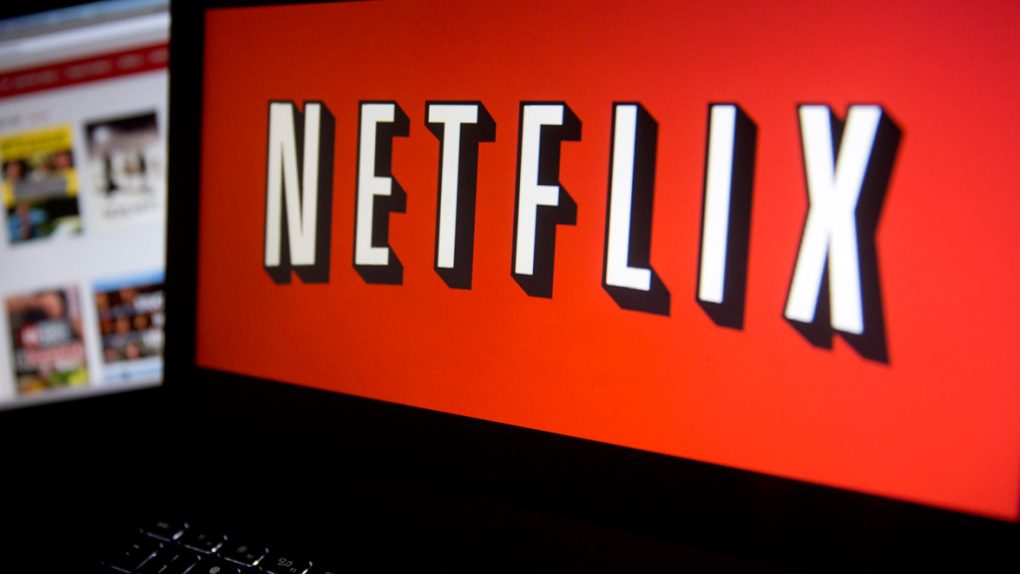Due to antiquated licensing rules that were set up well before the dawn of streaming video, the selection of Netflix content available across different geographic regions can vary wildly. While subscribers in some countries, like the U.S. for example, can enjoy a high percentage of Netflix content, the selection available in other countries can be downright dismal in comparison.
DON’T MISS: Watch Kylo Ren go nuts in a hilarious SNL spoof
As a result, many Netflix subscribers overseas make use of proxy servers or apps like Smartflix to skirt around these geographical restrictions. For years, Netflix turned a blind eye to such practices, only recently indicating its intention to start clamping down on such behavior.
Some members use proxies or “unblockers” to access titles available outside their territory. To address this, we employ the same or similar measures other firms do. This technology continues to evolve and we are evolving with it. That means in coming weeks, those using proxies and unblockers will only be able to access the service in the country where they currently are. We are confident this change won’t impact members not using proxies.
While Netflix’s about-face may amount to nothing more than a nuisance for some users, the change may prompt other users to question the value proposition of their Netflix subscription altogether.
Speaking to this point, Julia Greenberg of Wired argues that Netflix’s move may ultimately “alienate” a good number of the company’s international subscribers.
For users abroad, Netflix in, say, Portugal, Poland, or South America isn’t exactly Netflix as Americans know it. Even the offerings in the UK, Ireland, and Canada are significantly more limited than what we in the US have.
…
Netflix’s international audience is the key to the company’s future growth. As investors scrutinize Netflix’s strategy after its quarterly earnings report next week, Netflix will likely facing questions about how expanding its service internationally will work on the ground. The real question isn’t whether Netflix is available in 190 countries. The question is when all 190 countries will get the same Netflix.
Netflix’s stated intention to clamp down on proxy users raises a number of interesting questions, not the least of which is whether or not Netflix can realistically prevent such access in the face of determined viewers.
That aside, any bonafide effort to strictly adhere to global licensing restrictions puts Netflix in a sticky spot. On the one hand, it doesn’t want to upset current business relationships with content providers. On the other hand, it also doesn’t want to drive away paying subscribers who are more than happy to fork over a few bucks every month so long as they have access to a decent library of content.
This Catch-22 scenario is precisely why Netflix is so determined to spend every spare cent it has on developing original content that it can roll out across all geographic regions with no restrictions.
According to Netflix CEO Reed Hastings, an ideal solution to the problem would involve securing global licensing rights from the outset, thus solving the problem at the root. During the company’s earnings conference call last January, Hastings said:
And then I think Ted [Sarandos] really had the vision to figure out how to start to get global rights for some of the content by moving up the food chain. And we’ve been pushing on that dimension to be able to get the global rights where we don’t have to go country by country across 200 countries, but instead, can provide the producer upfront money, guaranteed money and get great access.
Netflix hasn’t indicated exactly when it will start trying to clamp down on proxy viewing, but it’ll be interesting to see if the company is simply making public pronouncements to keep content owners happy or if they truly will employ technologies to keep Netflix subscribers “honest.”




